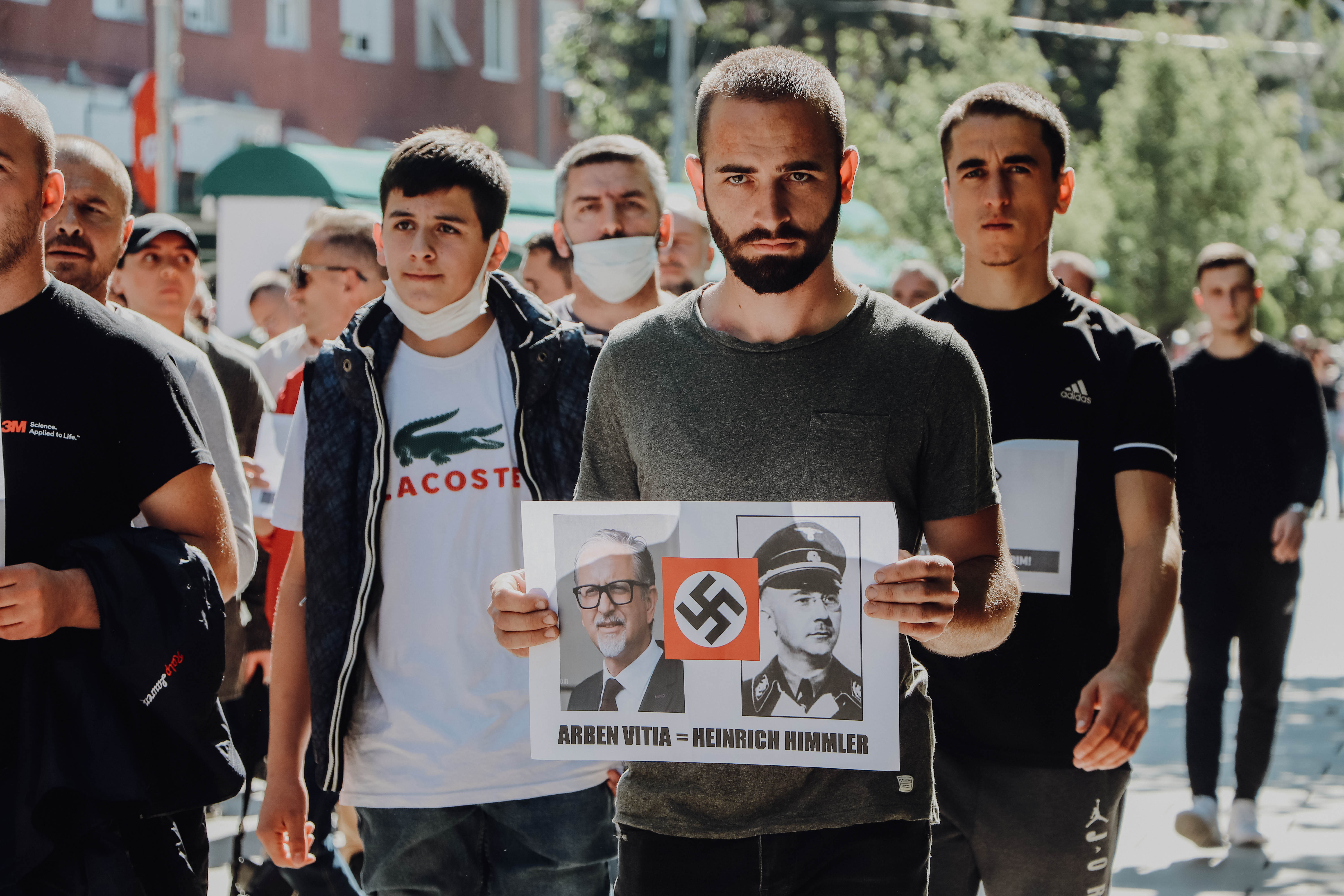
Tennis players, spiritualists and the hard right
The regional and global ties of Balkan anti-vaccine conspiracy theorists.
|28.10.2021
|
Throughout the region, anti-vaccine ideas and conspiracy theories about Covid find fertile ground in social media, with little sanction or moderation.
“Social media plays a big part when it comes to conspiracy theories on vaccines and people’s decision to not get vaccinated.”
Valjeta Kosumi, journalist.According to Aleksej Kišjuhas, there are many different reasons people join anti-vaccine movements.

Katja Lihtenvalner
Katja Lihtenvalner is a freelance journalist and researcher based in Athens, Greece. Some of the topics she reports on are politics, far-right movements, migration, refugees, prisons and the justice system.
This story was originally written in English.